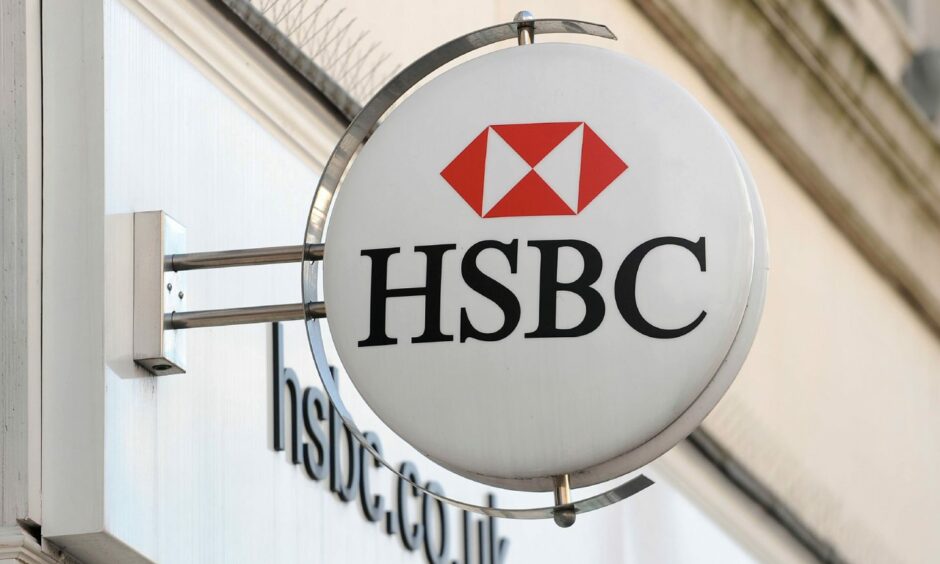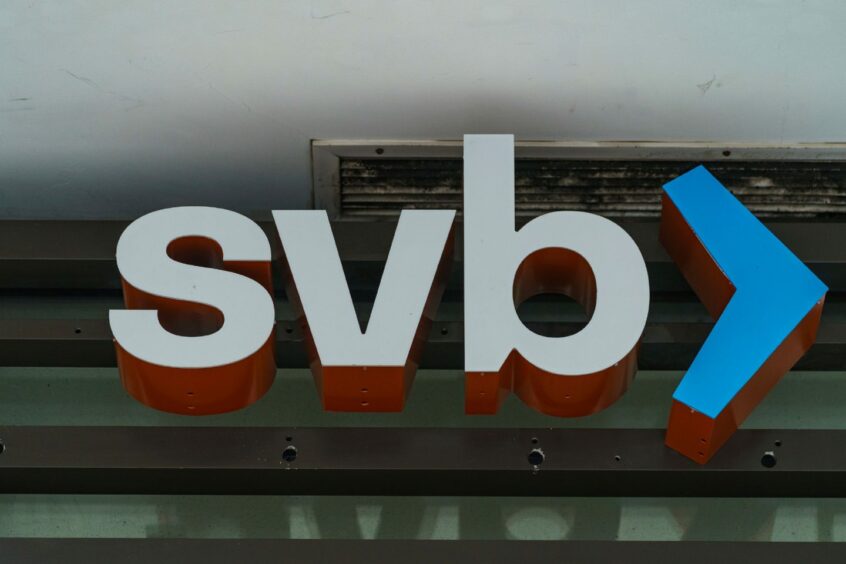The collapse of the Silicon Valley Bank (SVB) and the consequent threat to its British subsidiary momentarily posed a serious risk to our tremendous technology sector.
SVB UK was the bank of choice for many of our tech companies and start-ups.
Almost overnight, they were faced with potential disaster if they could not access funds to pay their staff and suppliers.
SVB was used by nearly half of venture capital backed start-ups in the US.
‘Cheap money’
The bank had benefited from a decade of cheap money, with millions being deposited by firms supported by venture capital.
Wanting to invest it, SVB put the money into long-term US treasury bonds.
But when interest rates started rising last year and customers wanted higher returns, it had to sell some of those bonds at a loss in order to meet demand.
SVB tried to raise funds to offset those losses, leading to a 60% share price collapse and investors rushing to take their money out. Time was up and US regulators closed its doors on March 13.
Financing tech sector
It’s been reported that SVB UK has around 3,300 clients.
To put that into perspective, tech data provider Dealroom estimates the UK has a total of 6,360 active start-ups, with at least £402,000 ($500,000) of funding.
So even though SVB UK was not a systemic risk to our banking system, it had grown to become a major player in the financing of our technology sector.
The Bank of England, the Treasury and the UK’s two main financial regulators – the Prudential Regulation Authority and Financial Conduct Authority – moved decisively to avoid insolvency and sell SVB UK instead.
HSBC, one of the largest financial institutions in the world, stepped in and bought the bank for £1.
The collective sigh of relief from SVB customers and the wider technology sector could probably have powered one of Scotland’s large wind farms.

This was a unique financial situation, affecting one of the newest industry sectors we depend on.
The UK’s start-up ecosystem is worth almost £812 billion and employs nearly two million people.
It is driving innovation and high-tech modernisation at a large number of businesses and other institutions.
And it is helping to restore economic growth during pandemic recovery and address supply-chain challenges created by the war in Ukraine.
If the start-ups that are the future of digital innovation in business had been left in limbo, or worse still had lost access to their money, the consequences for businesses in every sector could have been bleak.
Entrepreneurs embracing tech
Technology affects two kinds of Scottish businesses – firms that are actively involved in developing high-tech solutions and companies that are consumers of digital services.
Scottish entrepreneurs have enthusiastically embraced the technology sector. This country is now home to more than 11,000 tech companies.
Research by data platform Beauhurst has shown there are more than 850 high-growth tech businesses north of the border, with the majority in Aberdeen, Glasgow and Edinburgh.
Half are at seed stage, with particular strengths in artificial intelligence, cybersecurity and fintech.
For companies not involved in developing new technology, their dilemma is how best to invest in digital innovation to help their business grow.
Small and medium-sized enterprises (SMEs), already hit hard by lockdown and supply-chain problems, may hesitate to spend money on digitalisation.
It has been estimated that 81% of larger firms sped up their digitalisation plans during Covid lockdowns, while only 20% of SMEs adopted new digital technology.
A website is today’s shop window and platforms such as Shopify or Squarespace offer an online marketing outlet.”
Surveys have shown the resource businesses depend on most for market growth is online.
For SMEs, a website is today’s shop window and platforms such as Shopify or Squarespace offer an online marketing outlet.
Others specialise in team management, such as Monday.com or Teamwork, while accountancy tools like FreeAgent will help to balance the books.
Tech advances in the north-east
Technology solutions are also being developed for the most traditional businesses.
Aberdeenshire company Herd Advance offers on-farm technology to improve herd management.
The Net Zero Technology Centre, which I chair, is developing technologies to reduce carbon emissions and push the energy industry towards a greener future.
It runs digitalisation programmes for firms in the energy supply chain but the advice is applicable to businesses in other sectors.
Other organisations, such as Business Gateway, are also available to help firms do more with digital.
If you are interested in that kind of support, then look out for Business Gateway’s DigitalBoost programme, which offers free webinars, coaching and online resources.
For SMEs especially, the digital world can seem daunting and expensive.
But it has also become indispensable and introducing the right technology should produce a return on investment many times over. If you haven’t already done so, now is the time to take advantage of the opportunities technology offers for business growth.
Martin Gilbert is co-founder and former chief executive of Aberdeen Asset Management and chairman of AssetCo, Toscafund and Revolut.














Conversation